- Learning time
- 30 minutes
- First play time
- 90 minutes
Libertalia: Winds of Galecrest
Designed by: Paolo Mori
Libertalia: Winds of Galecrest follows the same structure as the older version, as over three voyages the players pirate crews visit various destinations and divvy up the loot found there. How do they work out who gets what? That is indeed the rub…
Everyone has a deck of 40 (numbered) pirate cards, identical except for the colour. One player shuffles their deck and then deals six random cards. Now everyone finds the same cards from their own deck, so we all begin with a hand of identical pirates. Simultaneously, we secretly choose which pirate to play, before revealing and assigning to the board – the island – in ascending order. Then there are three phases to go through: in daylight, the pirates all activate in ascending order: if they have a sun sign on them, simply do what it says on the card. At twilight, the pirates now activate in descending order, and get to take a loot token from the board. Some cards and loot tokens also have twilight activation powers too – they’re very simple, and all explained on the cards. During twilight, each pirate returns to its owner as well – not into their hand of cards, but forming a ‘boat’ crew on the table. Finally, at night, certain cards will activate if they are in your boat, possibly gaining you (or costing you) doubloons.
And because Libertalia is a game of piracy, doubloons are what it’s all about: all the day, twilight and nightime activations concern either getting them, or hampering others from doing so: kicking their pirates off the island, for instance, or belittling their reputations whilst improving your own. Reputation in the game is important, as it breaks ties in the favour of the player with the better rep. On the other hand, players with a lowly rep will receive a little more cash at the start of each voyage…
There are four days in the first voyage, five in the second and six in the third. When a voyage is over, some cards and loot tokens will give benefits (or sometimes punishments!) and players score points equal to their doubloon haul, before starting the next voyage. After the third voyage, the player with the most points wins!
The guru's verdict
-
Take That!
Take That!
Plenty! Many of the cards are about tampering with others, either directly or indirectly, and the order of resolutions itself can be pivotal, critical, and occasionally plain mean!
-
Fidget Factor!
Fidget Factor!
Low to moderate. Resolutions of day/twilight/night is usually very fast, but the selection of cards can create pauses. Your hand size gets progressively bigger, so by the time the third voyage begins you have a smorgasboard of choices...
-
Brain Burn!
Brain Burn!
...and the factoring of decisions is numerous: how do these cards combine with cards in your ship? How do they combine with cards you could play in subsequent turns? And most significantly, how will they interact with cards other players might play?
-
Again Again!
Again Again!
It's the kind of game where if you love it, you can keep loving it for a long time, because not only do available cards vary from game to game, but there's a double-sided board with different loot powers and variable set-up as well.

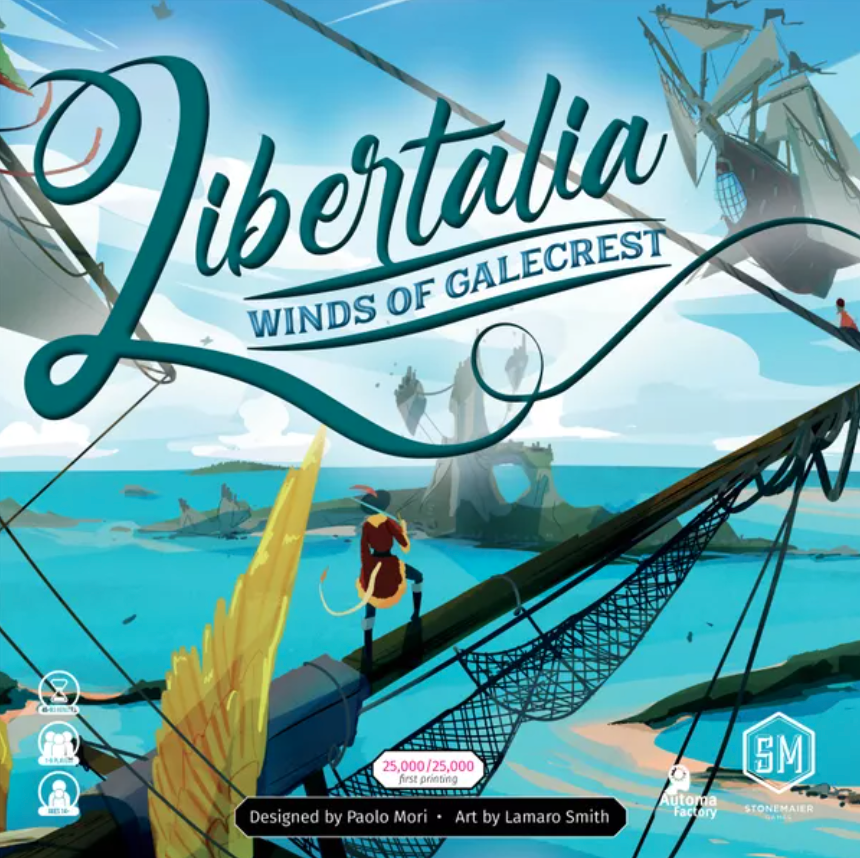
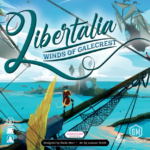
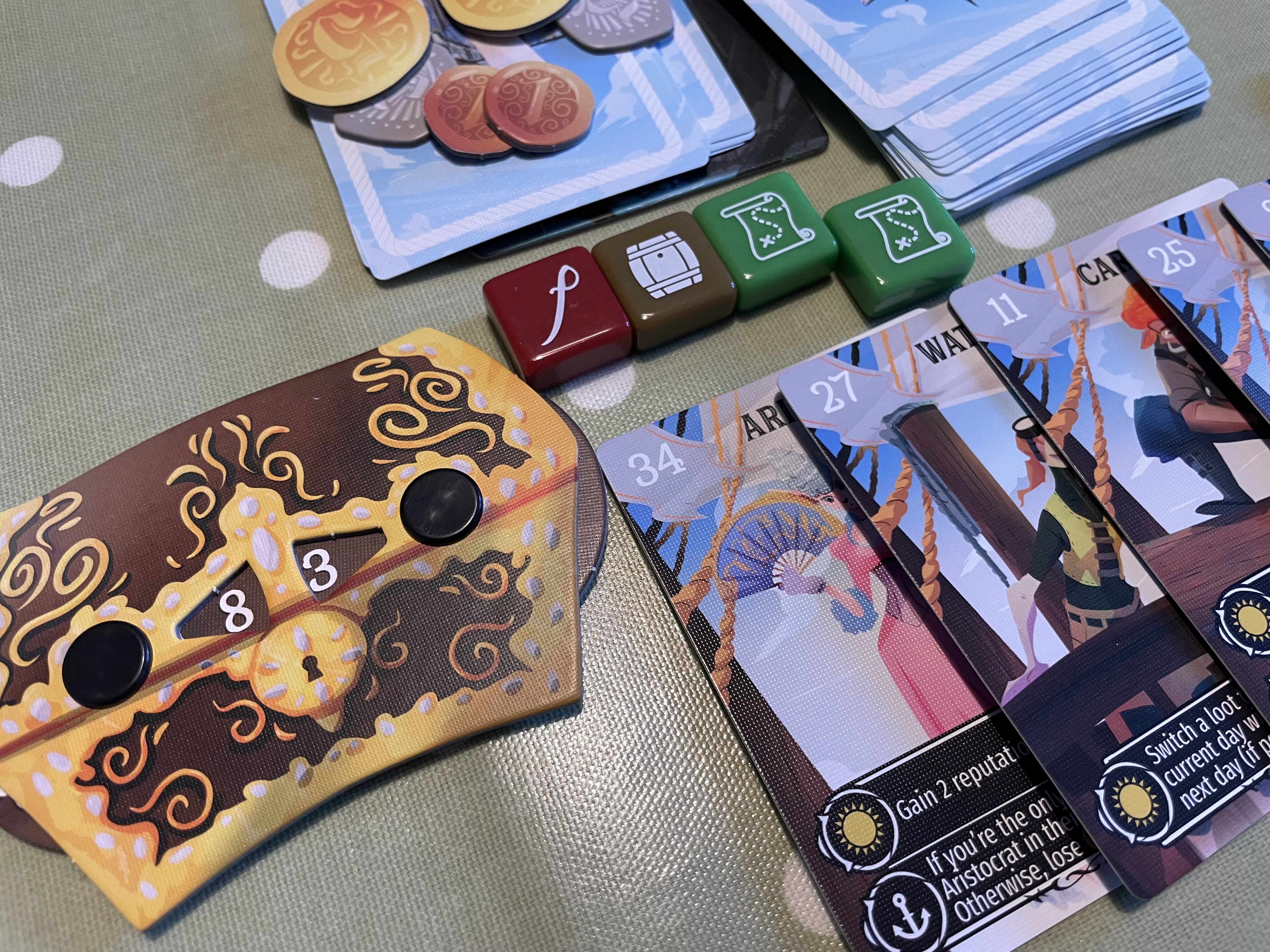
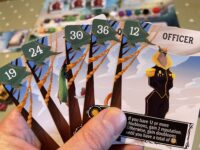
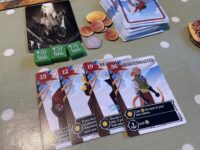
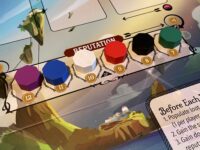
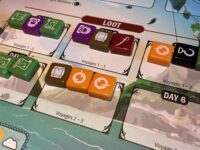
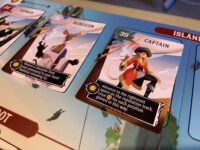


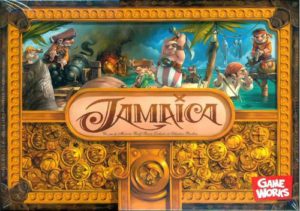
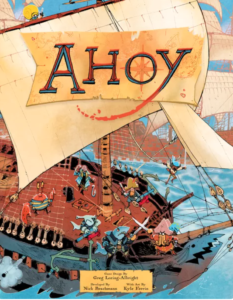
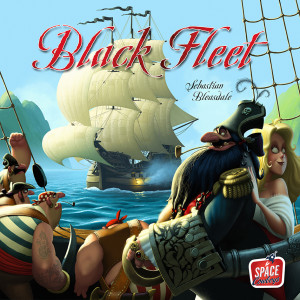
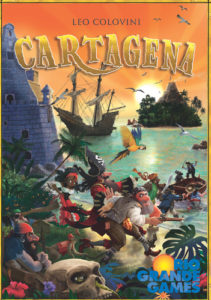
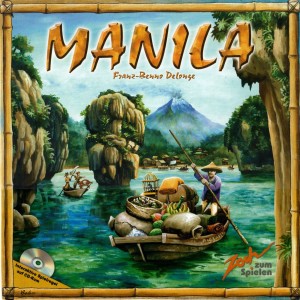
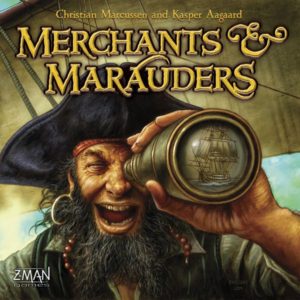
Sam says
I can enjoy Libertalia just fine with friends or family, but it's not a game I can get particularly excited about. To be fair, the design is clever, it has a spicy interaction and doesn't overstay its welcome. I'm a big fan of some of designer Paolo Mori's other games as well. But for me the chaotic fun veers marginally too far into chaos, and the more players you have the less control there is over whether your choices will be as effective as you'd like. Shenanigans are great; I like games where people can screw with each other. But here the dealing and phases and resolutions and tie-breakers all add up to a slightly computational experience, where the theme is at least partially submerged by the management of systems, and I'm not 100% convinced the morass of micro-aggressions and sneaky snark truly balances the experience. I prefer something like Black Fleet for a similar experience: less sneaky and devilish perhaps, but also less likely to overwhelm you with a litany of wild possibilities and turn-by-turn procedure.